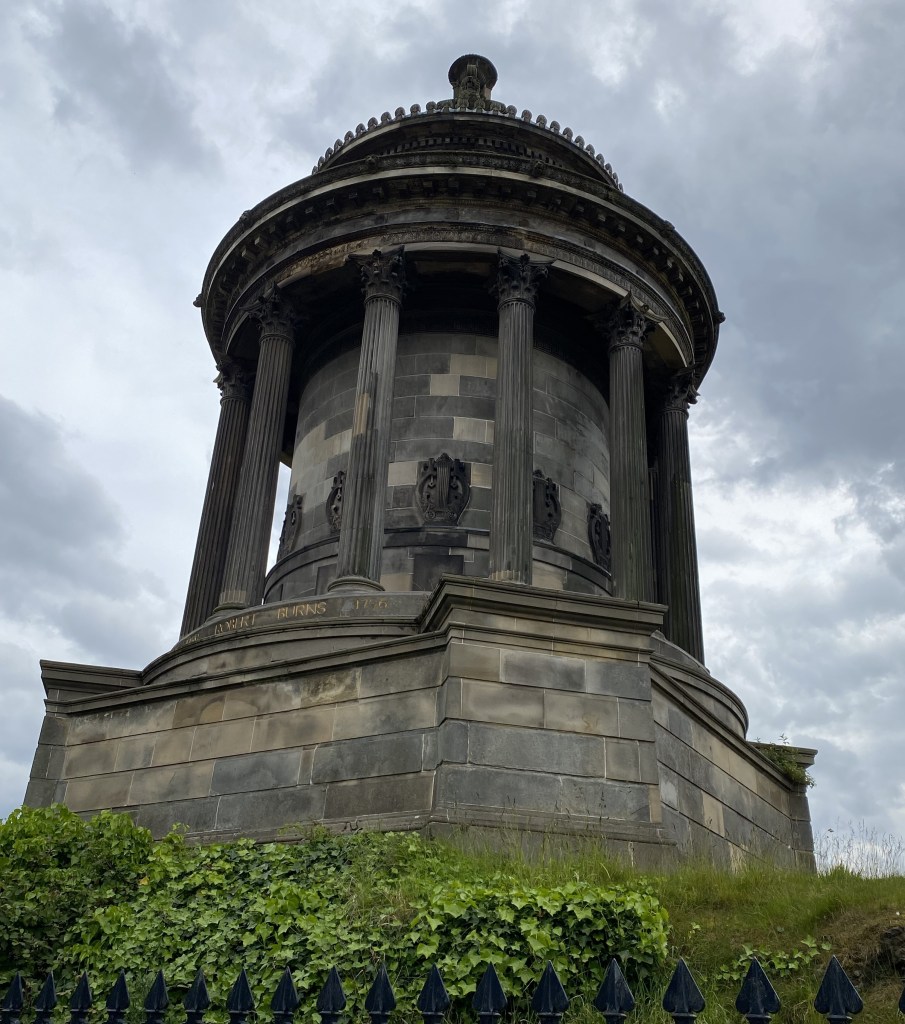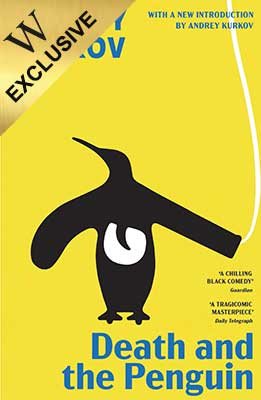The last month has flown by. Not only have I not been blogging very much in the last few weeks, but my reading has also been patchy at best. As I mentioned in my last post, I was on a family holiday in France for two weeks. My eighteen year-old daughter, who has turned into a bit of a bookworm in the last couple of years, observed that you always think you are going to read more on holiday than you actually do. I always take at least one book for each week that I am away (and that’s when I am being restrained!), but if my recent performance is anything to go by, I seldom get through even one! I planned to read Margaret Atwood’s very bulky Burning Questions, but it came back with me unread because I had only just started a book called The Behindlings by an author I do not know, Nicola Barker. It’s a bizarre and curiously compelling (also very long) book which I have yet to complete. More about that for a future post.
This week I would like to tell you about another book that took me a very long time to get through, and which I posted about my intention to read many weeks ago – Death and the Penguin by Andrey Kurkov. This was first published in Kyiv in 1996. The first edition in English came out in 2001. It has been reissued this year with an updated foreword by the author under the Read for Ukraine initiative in association with Oxfam. For each copy sold, a donation has been given to Oxfam’s Ukraine Humanitarian Appeal.
Death and the Penguin is considered one of the greats of contemporary Ukrainian literature and Andrey Kurkov is a respected international commentator. He has written over twenty novels as well as books for children and is a documentary maker. Born in St Petersburg, he writes in Russian but in his foreword to this edition he writes of has sadness and dismay at the Russian invasion of his country.
I read this book very slowly, almost in real time with the events of the novel! The central character is Viktor and his pet penguin is Misha, a powerful presence in the book and a motif for Viktor’s state of mind. Viktor is an aspiring writer who is offered a job writing obituaries for a newspaper. It soon becomes apparent that he is writing notices about people not yet dead, and that his subjects are being assassinated mafia-style. Viktor becomes increasingly paranoid and he enters into a series of bizarre relationships. First he is left in charge of a young girl, Sonya, the daughter of the Chief of Police, known as ‘Misha non-penguin’ to distinguish him from his animal namesake, a hilarious touch. Misha non-penguin disappears and Viktor hires Nina, the niece of a militiaman he meets, as a nanny for Sonya, to look after the child while he is working, or hiding form the increasing list of dangerous individuals he believes are in pursuit of him. Viktor starts a relationship with Nina, but it is a strangely cold one and stands in contrast to his relationship with the penguin.
Viktor’s situation starts to look increasingly desperate when he finds that a new person has been hired to write obituaries and that he, Viktor, is to be the subject of one. In the meantime, Misha starts to become sick and Viktor is told that the penguin needs a heart transplant or else he will die. A child’s heart becomes available and the operation is successful, but Viktor decides that he must return Misha to Antarctica. He learns of an expedition that is travelling there and he pays for Misha to go. At the very last minute, however, Viktor opts to save his own life and switches places with the penguin, figuring that the penguin in popular and someone else will take care of him.
This is a surreal and dark book, with moments of black humour. Set in the 1990s in Kyiv and its environs it captures the sense of surveillance, of corruption, of secrecy and scarcity that pervaded the former Soviet republics at the time. It has been described as an existentialist novel, exploring as it does Viktor’s inner turmoil and expressing that through the mood and health of the unspeaking penguin.
It is a work of surreal quality that reminded me of The Unbearable Lightness of Being by Czech writer Milan Kundera, set in a similar context and with the same feeling of oppressiveness, as well, of course, as the presence of a pet. There were times when I wondered what on earth the book was about, but I understand it better having reflected on it. Kurkov is definitely an author whose work I would like to explore further.
I would recommend this book to gain an insight into a very different literary tradition, and to trigger a donation to the Ukraine Humanitarian Appeal. Let’s hope the war is over soon and that justice prevails.








